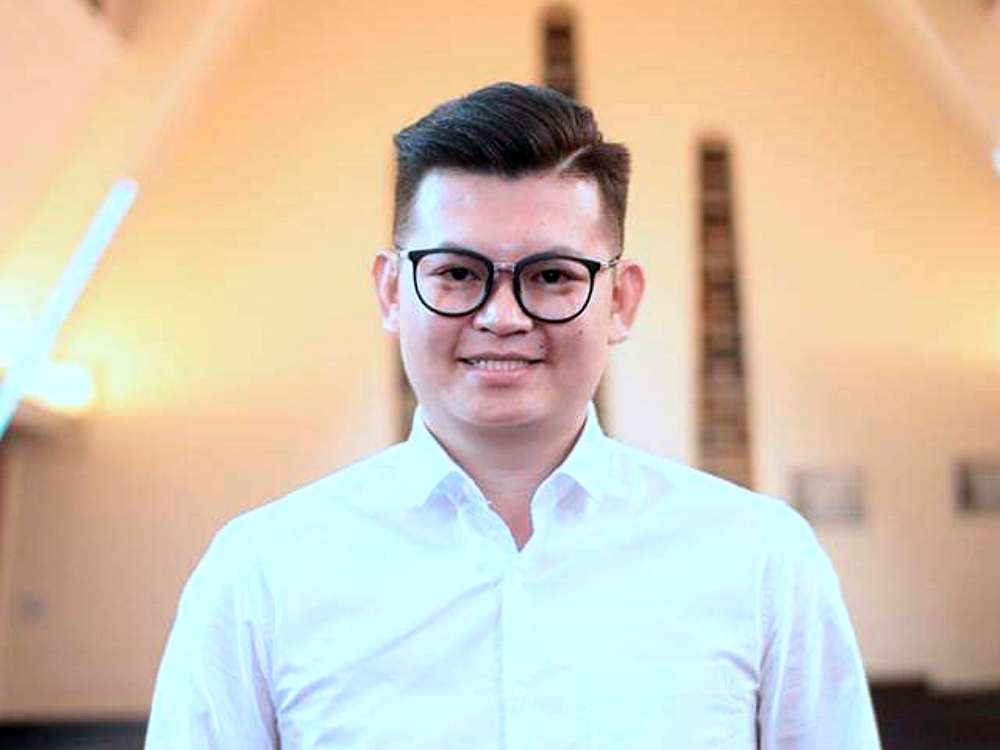
Dr Yii said it is most important to ensure that the issue at hand is ‘properly diagnosed and treated’ for the good of the country.
KUCHING May 16: Healthcare and ensuring the provision of adequate and quality care to patients should not be politicised nor looked at from a racial lens, said Bandar Kuching MP Dr Kelvin Yii.
The Democratic Action Party National Youth chief said it is most important to ensure that the issue at hand is ‘properly diagnosed and treated’ for the good of the country.
“The issue at hand is the severe lack of specialists, in particular in Cardiothoracic Surgery, and thus an option was proposed to allow UiTM (Universiti Teknologi Mara), that is more advanced in formulating a cardiothoracic surgery master’s programme, to be opened temporarily to non-Malays before being transferred to Universiti Malaya (UM) once their master’s programme is fully developed,” he said in a statement.
He added the suggestions were made in response to the urgent need in the country of providing quality care to patients, and was not a challenge to the special position or constitutional rights in the Federal Constitution.
“According to the Department of Statistics Malaysia (DoSM), by 2025, the country will have a population of 36,022,700 and 38,062,200 people by 2030. Based on this, Malaysia therefore needs 90,057 actively practising doctors in 2025 and 114,187 in 2030.
“Out of these figures, the public sector needs at least 30 per cent of total doctors in the public sector to be specialist doctors, meaning Malaysia needs around 18,912 and 23,979 specialists in 2025 and 2030, respectively,” he said.
Dr Yii said based on the current pace, the country may have approximately 19 per cent of total doctors as specialists by 2025, instead of the needed 30 per cent.
“Specifically for Cardiothoracic Surgery, we need a ratio of one to 500,000 in 2025 and one to 450,000 in 2030. Based on current rate, we have less than 15 per cent of the needed total of cardiothoracic surgeons by 2030, and this is very alarming.”
He added that the lack of cardiothoracic specialist doctors is now at a very worrying stage and has affected the country’s healthcare system and quality of service to patients, and may get more serious if not properly addressed.
“Many have to wait six months to a year to get heart surgery, or worse, die while awaiting treatment,” he pointed out.
He stressed that the conversation on the matter should be on solutions and avenues to address it, including maximising the abilities of all local institutions to produce the needed specialists, and incorporating the specialist parallel programmes to complement the existing number of specialists in the country.
“So let this issue at hand pull us all together to urgently address it, rather than divide us and become a polemic.
“Such a problem, if not addressed, will affect everyone and the disease will not differentiate the race of the patients, nor will it differentiate the race or background of the doctor treating it,” he said.
